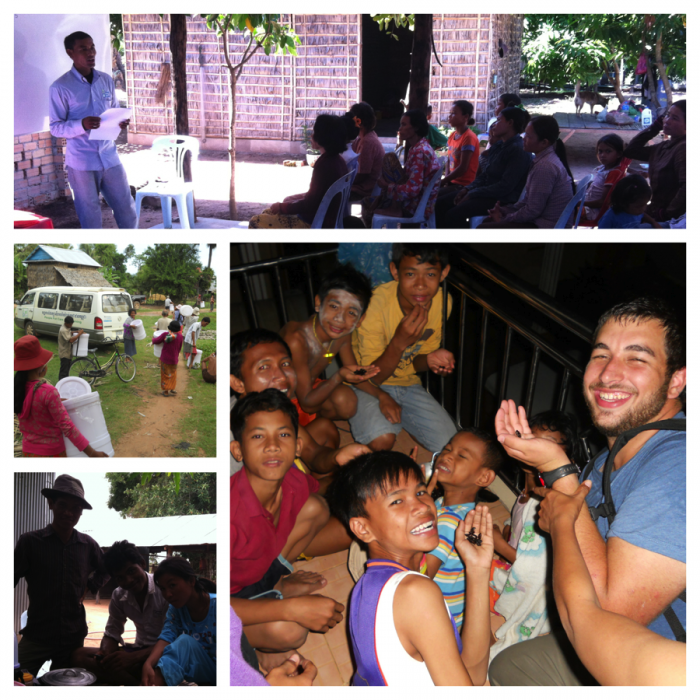Honesty
July 25, 2014
Honesty is a simple word and sometimes even a simple concept, but it is not always easy to live or to teach in a culture that values harmony over truth. Since coming to Cambodia, this has been a constant search for me. How to teach honesty to a people that I know must learn it in order to change their lives for the better; and how to really trust people, friends, and coworkers when I have been burned multiple times because what I thought was reality turned out to be a very convincing mask.
For me honesty means integrity. It means being consistent in front of God, yourself, and other people. It means that when you give your word you keep it. It is the only way that trust can be formed, and leaders and teams can thrive. Honesty is a necessity for development.
Booker T. Washington was perhaps one of the most successful developers and educators to ever live. He played a key role in helping African Americans transition from lives of slavery and poverty into successful citizens, business men and women, and eventually people that would earn and demand respect and equality in a country that was full of racism. Washington believed that honesty had to be at the very core of any society whose people wanted to change themselves for the better. It was this foundation that empowered his people to show that their race and skin color was not what defined them, but rather that it was their integrity and character that proved they belonged.
So how do we truly teach honesty and integrity in a culture that does not value it?
First it must be modeled. No person can aspire to be something they have not first seen. Thus leaders and developers in Cambodia must set an example that is intentionally clear and at times explained. We must strive to live as shining examples that validate what we teach and when we do make a mistake we have to own up to it and ask for forgiveness, an act that starkly contrasts the practice of saving face. We cannot expect the people we are leading to be honest and to have integrity if we do not live it out first.
Secondly it must be clearly and simply taught. In Cambodian culture analogies and stories are everything when you are teaching. Philosophical ideas do not always translate but stories and experiences can cross boundaries that ideas and logic cannot. While we must start the teaching with our lives we must also explain its importance and value so that we touch and educate the Cambodian mind in a holistic manner.
Thirdly honesty must be caught from true community. The longer I live the more I believe in the value of community and learning and doing life together with other people. Alone a person can make some temporary changes out of sheer determination and self will, but ultimately our strength will fail because God created us to grow and thrive in community. This is something that Cambodians and Asians understand much better than we do in the West. I truly believe that in order to have real and lasting change, it must be battled for and won together in community with our brothers and sisters. Therefore the true education and development of an individual, must be caught from a community that dedicates itself to living out integrity and honesty together, and picks up and carries each other when the individuals in the group fail.
Finally, teaching honesty and integrity takes time. A long time. And we must be committed to the long term change and not be discouraged when we don’t see quick change. Real change takes years and maybe even generations. But it can happen if we are willing to commit for as long as it takes.
I believe that this is one of the biggest things myself and my fellow laborers at PCL are called to do. We must not just be teachers or developers that clock in and out for the days work, but rather we must be good neighbors and friends, brothers and sisters that are committed to slow, hard, but real change. We must foster community that is honest, vulnerable, and loving, committed to the long haul, not easily discouraged, quick to extend grace, but also faithful in holding each other accountable. We must be people that do life together and are ok with both the beauty and weakness that will surely come out at times. We must become change agents through our daily lives.
-Isaac Lutz
